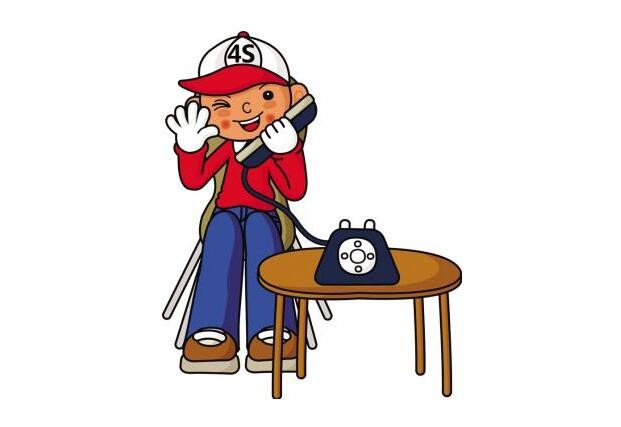In this article, we will delve into the topic of Shopping Dialogues in English. Shopping is an essential part of our modern lifestyle and learning how to engage in conversations related to shopping in English is highly beneficial. We will discuss the importance of shopping dialogues, the key phrases and vocabulary related to shopping, useful tips for effective shopping conversations, and finally, the overall significance of mastering shopping dialogues in English.

Shopping dialogues in English are crucial for anyone who wants to effectively communicate while shopping in English-speaking countries or with English-speaking inpiduals. Mastering shopping dialogues enables inpiduals to navigate various situations such as asking for assistance, making inquiries, negotiating prices, and expressing preferences. Additionally, it helps build confidence and fluency in English, making shopping experiences more enjoyable and successful.

When traveling to an English-speaking country, having knowledge of shopping dialogues is particularly important, as it allows inpiduals to express their needs, understand the salesperson's recommendations, and make informed purchasing decisions. It also facilitates interactions with locals, as shopping often provides a common ground for cultural exchange and understanding.

Moreover, for inpiduals working in customer service or retail industries, being proficient in shopping dialogues is essential for providing exceptional customer experiences. It allows employees to assist customers with their inquiries, handle complaints effectively, and create a positive shopping environment.

Mastering key phrases and vocabulary related to shopping is crucial for effective communication. Here are some essential phrases and vocabulary often used in shopping dialogues:

1. Greeting and basic expressions:
- Hello! How may I assist you today?
- Good morning/afternoon! How are you?
- Can I help you find something?
- I'm just browsing, thank you.
2. Asking for assistance:
- Excuse me, where can I find [specific item]?
- Could you help me choose between these two [items]?
- Do you have this in a different size/color?
- Can you recommend any similar products?
3. Negotiating prices:
- Is there any discount on this item?
- Can you lower the price a little?
- Do you offer any promotions or special deals?
- Are there any additional costs?
4. Expressing preferences:
- I prefer something more casual/elegant.
- I'm looking for a gift for a friend.
- I like this, but do you have it in a different style?
- I'm not sure about the color. Can I see it in natural light?
1. Be polite and friendly: Greet salespeople or assistants with a smile and show appreciation for their help.
2. Use body language: Non-verbal communication, such as nodding, pointing, or using hand gestures, can effectively convey your message.
3. Listen actively: Pay attention to the salesperson's recommendations, ask questions, and seek clarification if needed.
4. Be clear and concise: Express your needs or preferences clearly and avoid using complicated language.
5. Practice active vocabulary: Memorize key phrases and vocabulary beforehand and practice using them in various shopping scenarios.
6. Learn cultural norms: Familiarize yourself with the cultural customs and etiquette of the respective country to ensure smooth shopping experiences.
Shopping dialogues in English are essential for effective communication while shopping, whether as a traveler or a customer service professional. Mastering key phrases and vocabulary allows inpiduals to express their needs, seek assistance, negotiate prices, and create meaningful interactions. By following the tips provided and actively practicing shopping dialogues, inpiduals can enhance their English fluency and confidence, making their shopping experiences more enjoyable and successful.
标题:英语购物对话(Shopping Dialogues in English)
地址:http://www.hmhjcl.com/bigualu/131242.html

